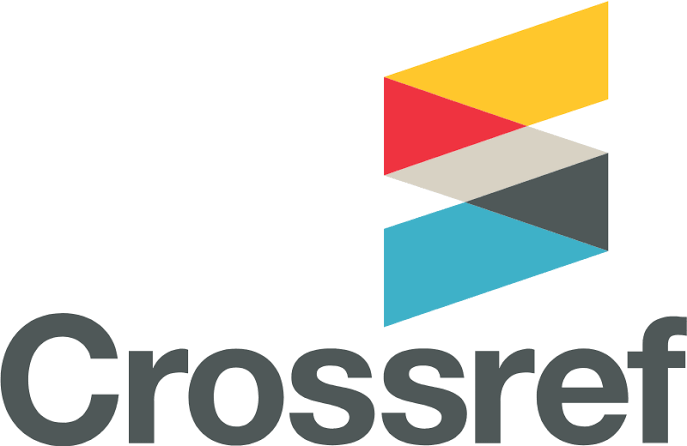AUTONOMY IN TERTIARY EDUCATION IN NIGERIA: MEANING, TYPES, PROBLEMS AND SOLUTIONS
DOI:
https://doi.org/10.59795/m.v1i2.175Keywords:
University autonomy; academic freedom; financial autonomy; governance; higher education policy; Nigeria; IPPIS; quality assuranceAbstract
Institutional autonomy is a cornerstone of modern higher education because it underpins academic freedom, institutional responsiveness and quality assurance. This chapter clarifies the concept of autonomy in tertiary education, distinguishes its main dimensions (academic, administrative, financial and organizational), identifies major barriers to effective autonomy in Nigeria, and proposes pragmatic solutions. Drawing on international policy instruments and Nigerian evidence, the chapter shows that legal ambiguity, chronic under-funding, political interference (including the appointment powers of “Visitors”), centralized payroll/control systems, weak internal governance, and corruption together limit universities’ ability to innovate, manage resources, and guarantee academic standards. Recommended remedies include a clear legal framework that balances autonomy with accountability; strengthened internal governance (independent counsels, regular audits, transparent procurement and performance evaluation); diversified and sustainable funding (endowments, industry partnerships, grants, alumni giving); capacity building for university managers; re-design of centralized controls that impede operational flexibility; and robust external quality assurance and anti-corruption measures. With sensible reforms, Nigerian tertiary institutions can better harness autonomy to improve teaching, research and societal service while safeguarding affordability and equity.
Downloads
Published
How to Cite
Issue
Section
License
Copyright (c) 2025 Multi-Disciplinary Research and Development Journals Int'l

This work is licensed under a Creative Commons Attribution-NonCommercial-NoDerivatives 4.0 International License.












